The COVID-19 pandemic has had huge social, economic and political implications across the globe. With this in mind, I decided to interview different people from India and the U.S. I found that, despite being continents apart, all these people had one thing in common: human bonds.
When a pandemic hits, it does not see race, class, ethnicity, gender or nationality — it affects everyone. Some people are certainly more privileged than others, but during this time of social distancing, all we are really left with are our loved ones. People have concerns about their job, school and vacations, but all of that comes secondary to the health and safety of the people they love. Afterall, humans are social beings and no amount of wealth can compensate for the value of relationships.
“Being home has allowed me to spend more quality time with my kids as we have been playing a lot of board games, and playing sports like volleyball and soccer in the backyard,” said Peter Hopkins, a 42-year-old mortgage branch manager from Illinois. “It’s an interesting change, my wife even asked for beer on a Monday night.”
As for the legislation side of things, he believes that the U.S. government isn’t as aggressive in terms of testing and implementing strict orders for social distancing compared to other countries, which he said is costing us tremendously. The first thing he plans to do when this pandemic is over is book tickets to Europe.

Nidhi Arya Sarda, a 40-year-old Senior Vice President of a bank from Michigan had similar views. She is enjoying spending time with her kids and likes the extra time she has to workout now that she doesn’t have to drive her children to different extracurricular activities.
On the flip side, she thinks she is not that efficient working from home. Additionally, she shared that the volume of calls that her bank receives for loans and withdrawals has gone up three to four times. The $350 billion budget allocated by the government for loans to be given to small businesses has already reached $297 billion. Since it is a first come, first serve system, many businesses would not get access to this help.
She empathizes with her customers and wishes that there was something more that she could do. Sarda donates to charities working to supply food to the underprivileged and encourages people who have not not been financially hit to do the same. When asked what she’ll do when it is safe to go outside, she excitedly replied, “I will meet my friends at a restaurant to plan a vacation.”
In India, there is a nationwide lockdown that has drastically changed citizens’ lives.
“I haven’t been able to go to work in over thirty days, but I take solace in the fact that my family is safe and healthy,” said Ruchi Arya, a 45-year-old fashion designer.
The government requires all business owners to continue paying their employees despite the lockdown.
“I have 25 employees whose families are dependent on their income. It is a tough time for me as all of my business is retail oriented but I have a bigger responsibility to ensure that I pay my people enough to deal with this difficult situation,” Arya said.
To stay connected, Arya made a groupchat where all of her employees can check up on one another. She said that the ability to connect during this time has brought her staff closer together than ever before.
“I think my employees appreciate that I am not just their boss but someone who understands them and someone they can rely upon for financial support,” she said.
For sophomore and student athlete Saby Nihalani, this lockdown has led to a complete breakdown of her routine.
“One day I was training at the Wake Forest Tennis Center for a tournament in Boston, the other, I was packing my bags to go back to India,” she said.
She flew back to New Delhi on March 14, three days before India banned all international flights.
“It was a very scary journey, I wore a mask and gloves but was still paranoid that I would catch the virus. After landing, I was made to fill out a number of health forms to verify that I didn’t have any symptoms. They also checked my body temperature,” she said.
Nihalani was glad to reach home safely and be able to spend time with her family. Although she is enjoying the home cooked Indian food, she misses tennis dearly.
“This is the first time in 16 years that I haven’t played tennis in over a month,” Nihalani said.
She also misses her college friends, dorm life and her team. Nihalani has been staying in touch with her friends virtually and attending online classes, which in her words, “are definitely not the same, especially with the time difference.” The first thing she would do when this pandemic ends is play tennis and go to a restaurant right after.
“You never realize the value of small everyday activities until you’re refrained from doing it,” she said.
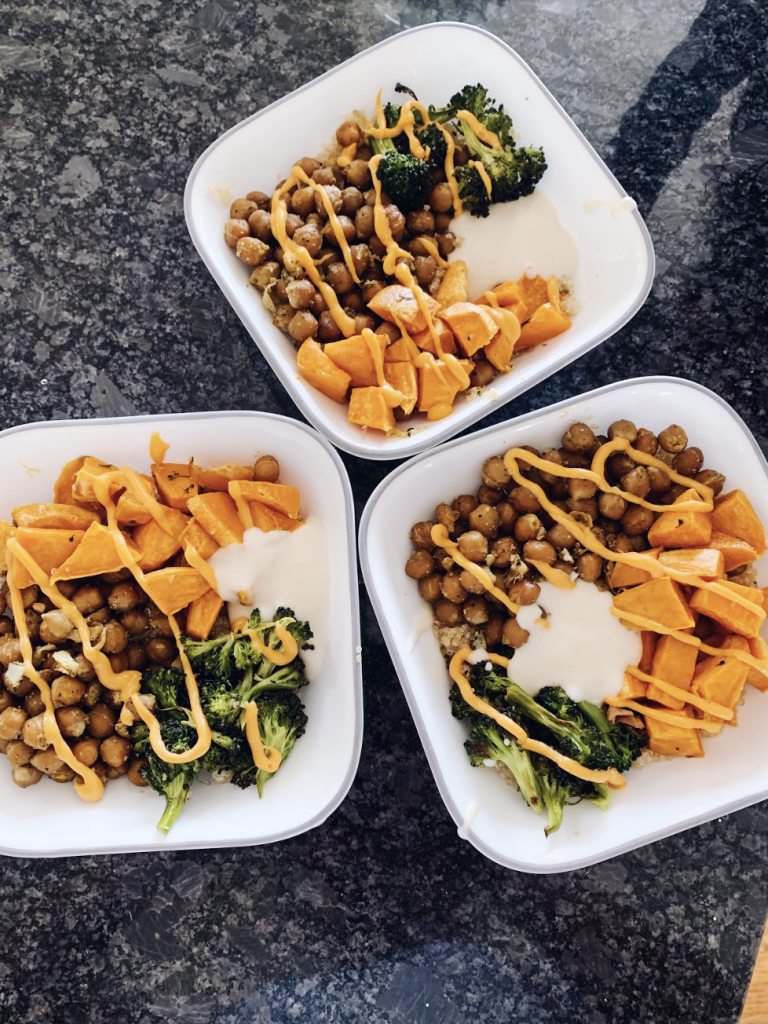
Nineteen-year-old Akhshara Pahwa, a Delhi University student also finds it comforting to be with her family at the moment. However, living with two other siblings 24/7 is “hard and requires a lot of patience”, in her opinion.
She enjoys cooking with her mom, drawing sketches, and dancing now that she has a lot of free time. Delhi University had online classes but it does not have online exams so her finals have been postponed indefinitely.

“This situation is very unpredictable but at least my family and friends are healthy. I just want to focus my attention on things that really matter.”
When asked the first thing she would do after this is over, she shared her wish to eat at her favorite restaurants with all of her friends.
Another teenager from New Delhi, Ritvick Khanna, is taking this time to meditate more often.
Being a rapper, he has been writing and recording new songs every week to keep his audience engaged and develop his fanbase.
His family had been practicing social distancing even before the lockdown was imposed. He believes that the lockdown was absolutely necessary and appreciates the government for having taken this action. However, he also said that welfare schemes aren’t adequate as frontline workers still need a lot more protective equipment and testing kits. He recognizes his privilege of being able to live a normal life right now.
“I do not have to worry about putting food on my plate and I worry about the people who are currently struggling to do so,” he said.
According to Khanna, this situation has humbled him in some ways. He has been reconnecting with old friends and has learnt to never underestimate people’s presence. The first thing he would do once this pandemic ends is “hug the people I haven’t seen in so long and tell him I love them in person.”


As I sit here, typing all these reflections, I can’t help but wonder how different everything was before this pandemic erupted. A couple of months ago, I didn’t even know the meaning of the word quarantine and now I hear it more often than my own name.
While I might not go to a Wake Forest soccer game anytime soon, I do have my little brother who performs a magic show at home every other day. Cooking and doing home workouts with my little sister is my new normal and honestly, being able to share laughs with my family fills my heart with joy.
Regardless of whether you’re in the U.S., India or any other country, it all comes down to cherishing happy memories with the people you love. As the world has slowed down, take this time to share love and offer support to everyone who needs it.
So, if you’ve made it this far, I have one question for you to ask yourself: What is the first thing you will do when this pandemic is over?
Until then, stay safe, stay home and remember, this won’t go on forever.


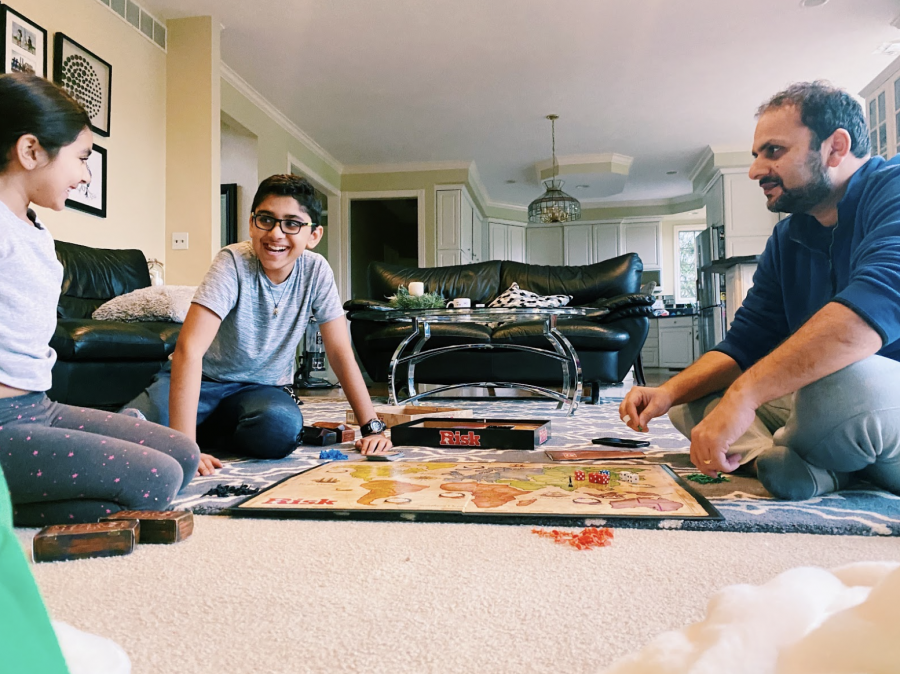






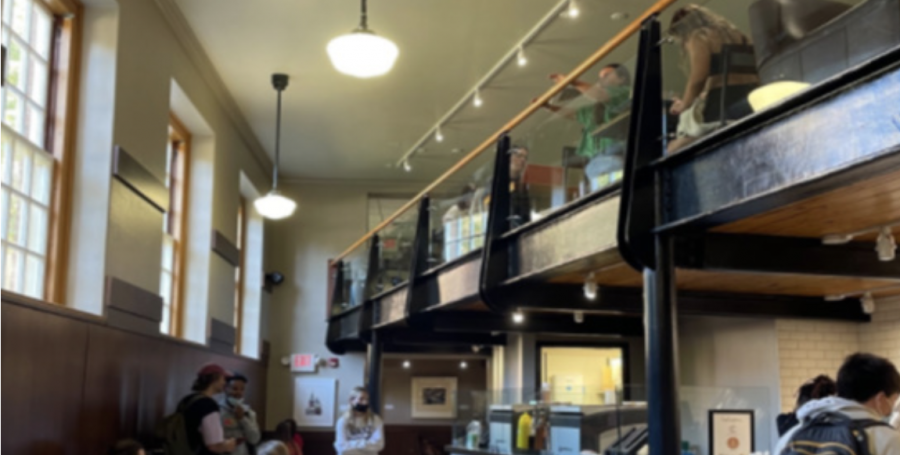

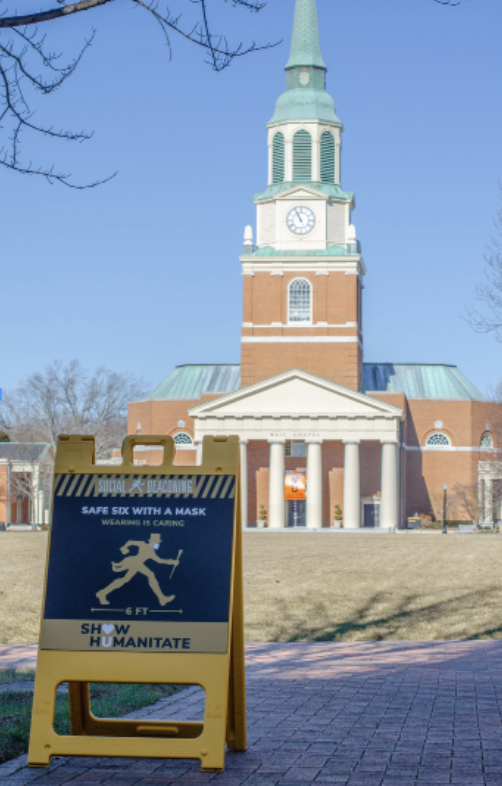
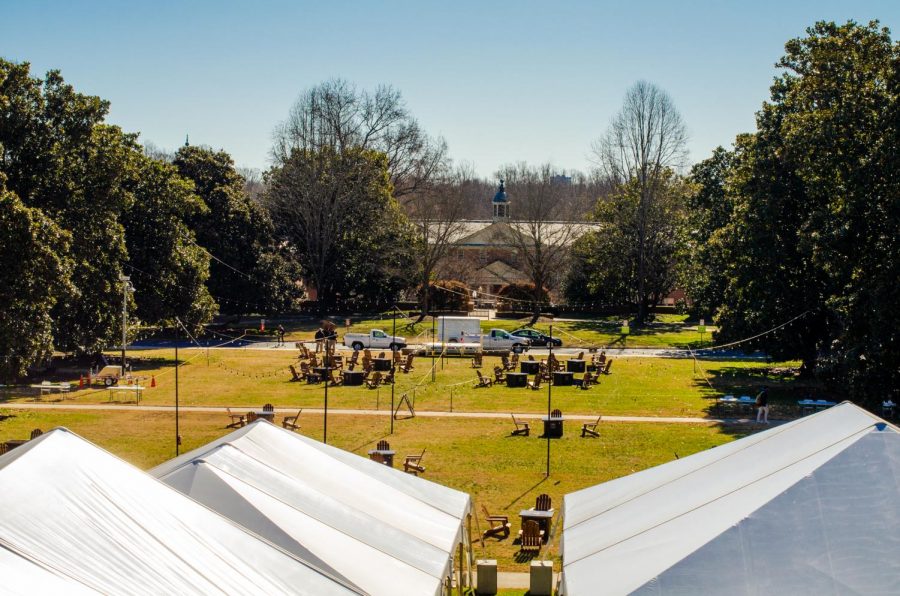


Grais Bridget • Apr 22, 2020 at 12:26 pm
This article has been written magnificently. It has rightfully and accurately expressed the concerns of the human race in this testing time. What I liked most about the article was the author’s prevalent talent of conveying the essence of natural human emotion. I am completely spell-bound by the perspective offered from countries as differently unique as the United States of America and India. After having read the experiences of many people, I am certain that borders are artificial and that we, at the crux of our own selves, are the same human beings going through this tough time together.
Grais Bridget • Apr 22, 2020 at 12:25 pm
This article has been written magnificently. It has rightfully and accurately expressed the concerns of the human race in this testing time. What I liked most about the article was the author’s prevalent talent of conveying the essence of natural human emotion. I am completely spell-bound by the perspective offered from countries as differently unique as the United States of America and India. Though I am from neither of these countries, after having read the experiences of these people, I am certain that borders are artificial and that we, at the crux of our own selves, are the same human beings going through this tough time together.